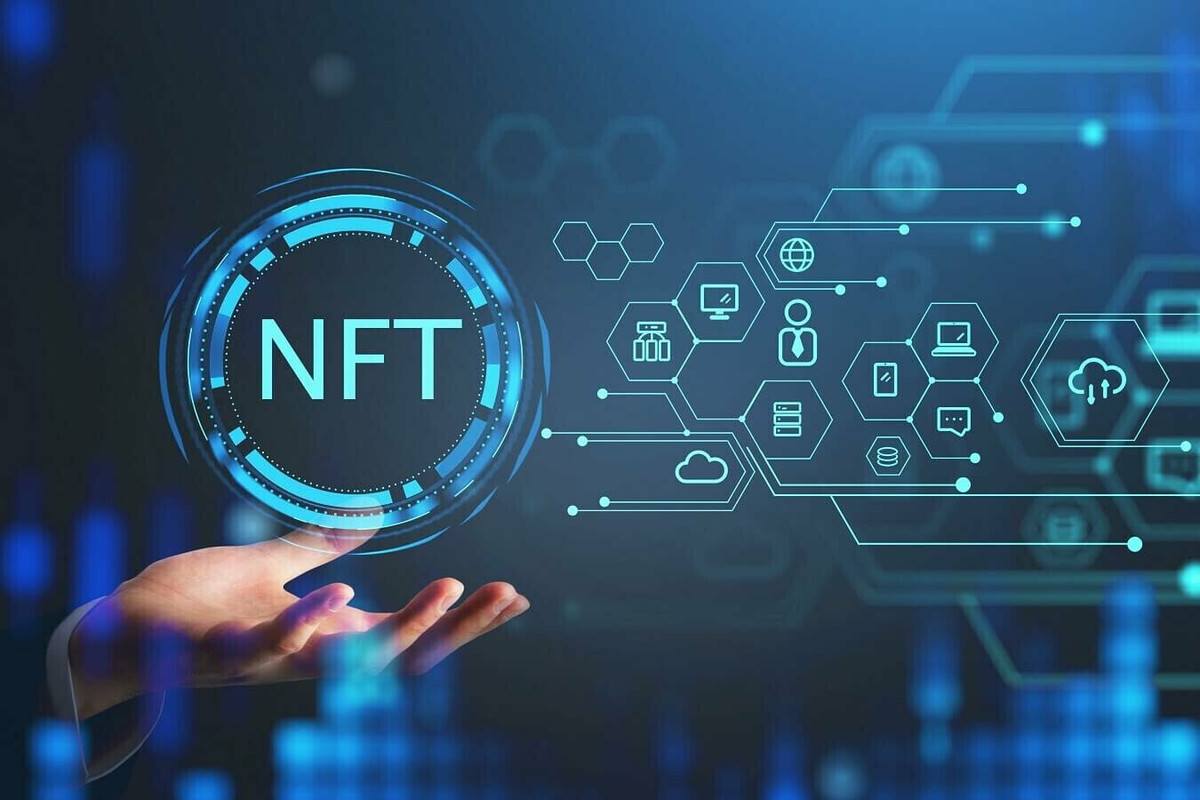As we move further into the 21st century, crypto security wallet hack blockchain technology is emerging as one of the most transformative innovations of our time. Initially introduced as the backbone of Bitcoin, the digital currency that launched in 2009, blockchain has expanded far beyond cryptocurrency, influencing industries ranging from finance to healthcare, supply chain management, and even voting systems.
Evolution of Blockchain Technology
Blockchain technology is fundamentally a decentralized ledger that records crypto security wallet hack transactions across multiple computers securely and transparently. This eliminates the need for a central authority, reducing the risks associated with fraud and manipulation. While Bitcoin was the first successful implementation of blockchain, it sparked the creation of various other cryptocurrencies and blockchain applications.

Ethereum, launched in 2015, introduced smart contracts, which are self-executing agreements with the terms of the contract directly written into code. This allowed for more complex operations and paved the way for decentralized applications (dApps) that function without intermediaries. The future of blockchain lies in its ability to evolve and adapt to various use cases, enhancing efficiency and security while minimizing costs.
Applications Beyond Cryptocurrency
Blockchain technology has several uses beyond cryptocurrencies and crypto security wallet hacks, which are the most well-known. An exciting growing area is supply chain management. Companies use blockchain to trace items from production to delivery, offering transparency and accountability. Businesses can verify product authenticity, improve traceability, and decrease fraud by recording each step on a decentralized ledger.
This technology can help simplify patient consent and increase healthcare-provider collaboration by providing a single source of truth. Voting systems are another intriguing use. Blockchain is being explored by nations to establish safe, transparent, and tamper-proof voting systems. Blockchain records every vote in an immutable ledger, creating a verifiable and auditable trail that helps restore electoral trust.
Decentralized Finance (DeFi) and Its Impact
Decentralized Finance, or DeFi, is one of the most revolutionary applications of blockchain technology. crypto security wallet hack aims to recreate traditional financial systems—such as lending, borrowing, and trading—using decentralized platforms and smart contracts. By removing intermediaries like banks, DeFi platforms provide users with greater control over their finances and lower transaction fees.
Enabling anyone with an internet connection to participate, regardless of their geographical location or economic status. By offering liquidity pools, yield farming, and decentralized exchanges (DEXs), DeFi has already begun to reshape the financial landscape. However, the DeFi space is not without its challenges, including regulatory scrutiny, smart contract vulnerabilities, and the risk of extreme market volatility.
Role of Regulation
As blockchain technologies proliferate, regulators worldwide are grappling with how to approach the new landscape. Striking a balance between fostering innovation and ensuring consumer protection is a significant challenge for governments. Clear regulations can provide the stability and confidence needed for businesses and investors to engage with blockchain technology. Regulatory uncertainty currently stifles.
Some blockchain initiatives, as businesses navigate a patchwork of laws that vary significantly across jurisdictions. However, as more countries begin to implement clear regulatory frameworks, the industry will likely see increased institutional investment and participation, helping to legitimize blockchain technologies further.
Scalability and Sustainability Challenges
Despite its potential, blockchain technology faces significant challenges, particularly regarding scalability and sustainability. Many existing blockchain networks, such as Bitcoin and Ethereum, face limitations in transaction speeds and throughput, leading to congestion and increased transaction fees during peak usage. Solutions like Layer 2 scaling, sharding, and alternative consensus mechanisms.
Sustainability is another critical issue. The energy-intensive nature of proof-of-work mining—used by Bitcoin and, historically, Ethereum—has raised substantial environmental concerns. As awareness of climate change grows, the industry must pivot toward greener solutions. Many projects are now exploring more energy-efficient consensus mechanisms and practices, which may significantly reduce the environmental.
Future Trends and Innovations
The future of blockchain technology is bright, driven by ongoing innovation and investment. Emerging trends include the rise of non-fungible tokens (NFTs), which have revolutionized art, entertainment, and gaming by allowing unique digital assets to be owned, traded, and verified on the blockchain. NFTs have created new revenue streams for artists and content creators while challenging traditional ones.

Notions of ownership and value. Furthermore, the integration of blockchain with technologies like artificial intelligence (AI) and the Internet of Things (IoT) promises to unlock new possibilities. For example, IoT devices can use blockchain to securely and transparently share data, enabling better decision-making across various industries, from manufacturing to logistics.
Also read: STRATEGIES FOR SUCCESSFUL TECHNOLOGY IMPLEMENTATION
Conclusion
Blockchain technology is only beginning to realize its full potential across various sectors beyond cryptocurrency. As industries embrace this transformative technology, the opportunities for innovation continue to expand. While challenges remain in terms of regulation, scalability, and sustainability, the trajectory of blockchain suggests a future where decentralized systems enhance transparency, security, and efficiency. As stakeholders in the blockchain ecosystem—developers, regulators, and end-users—collaborate to address these challenges.

